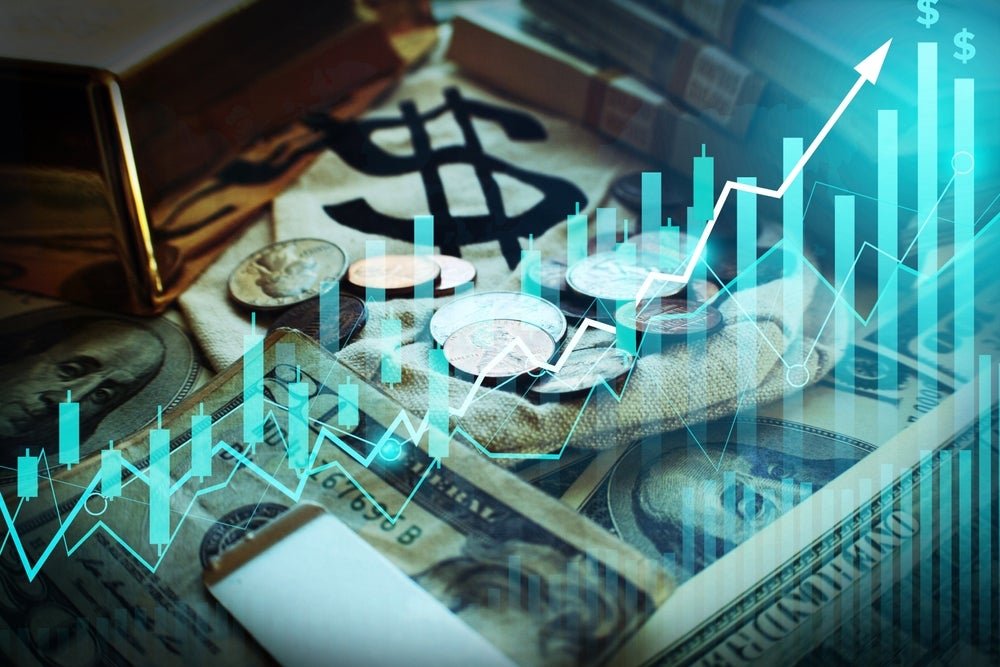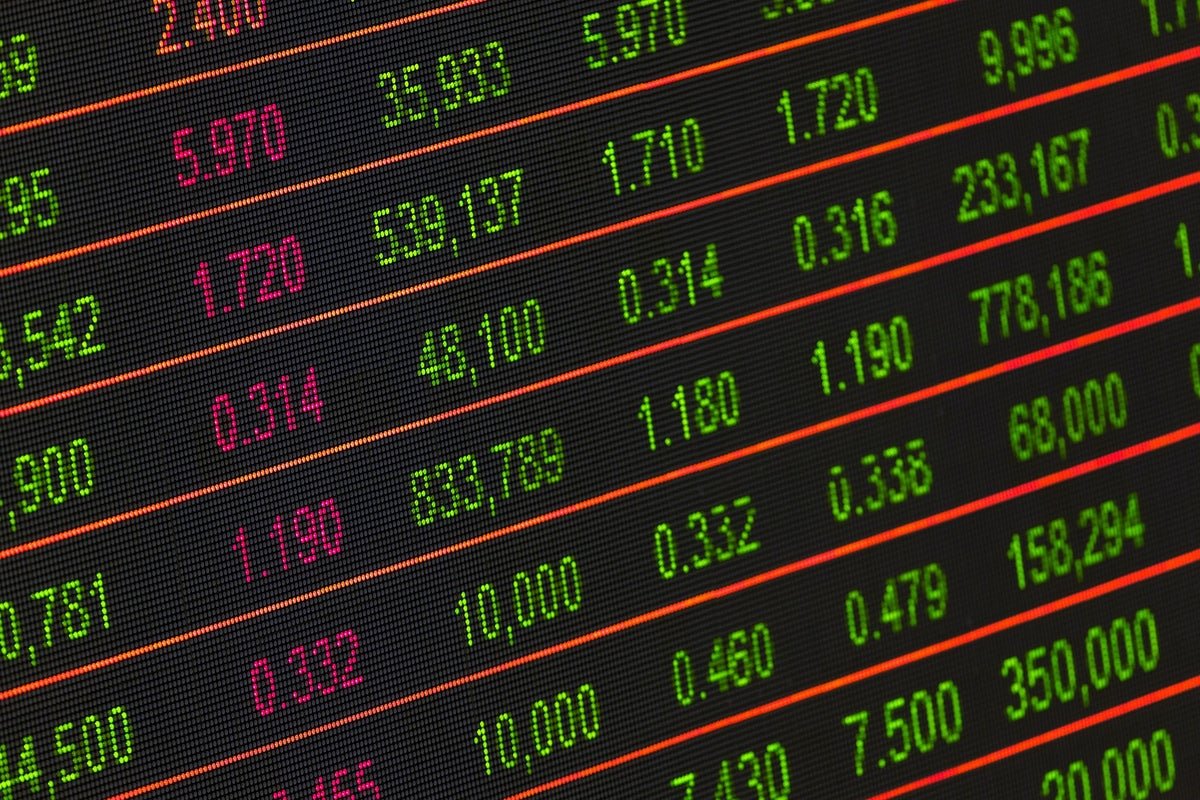The World Bank has recently released a bleak forecast for the global economy, projecting slow growth for the next five years, which is the lowest in three decades. This forecast, outlined in the World Bank’s “Global Economic Prospects” report, predicts a third consecutive year of slow global growth in 2024, with a growth rate of 2.4% compared to 2.6% in 2023.
According to CNBC, the report also anticipates a marginal rise in growth to 2.7% in 2025, which is still significantly lower than the average growth rate of the 2010s. The World Bank attributes this slow growth to increased geopolitical tensions, which are expected to lead to slower growth in most economies in 2024 and 2025 compared to the previous decade.
This forecast aligns with a previous gloomy prediction made by the Organisation for Economic Co-operation and Development (OECD) in September 2023. The OECD also highlighted the tightening of belts by central banks worldwide and turbulence in the Chinese economy as factors contributing to the slow growth.
However, this forecast contrasts with the prediction of a new phase of growth in the global economy, driven by the explosion of artificial intelligence (AI) and efforts toward decarbonization, as forecasted by a Goldman Sachs analyst. The World Bank report emphasizes the need for a “major course correction” to avoid a “decade of wasted opportunity,” but also highlights the potential for a turnaround if governments act swiftly to increase investment and strengthen fiscal policy frameworks.
It is crucial to note that these forecasts are subject to change, as they are based on current economic conditions and geopolitical factors. The global economy is constantly evolving, and unforeseen events or policy changes can significantly impact growth projections.
In conclusion, the World Bank’s forecast for slow global economic growth over the next five years paints a challenging picture for the world economy. However, there is still hope for a turnaround if governments take decisive action to stimulate investment and implement strong fiscal policies. The global economy remains dynamic, and future developments, such as the advancement of AI and efforts toward decarbonization, could also play a significant role in shaping economic growth in the coming years.





